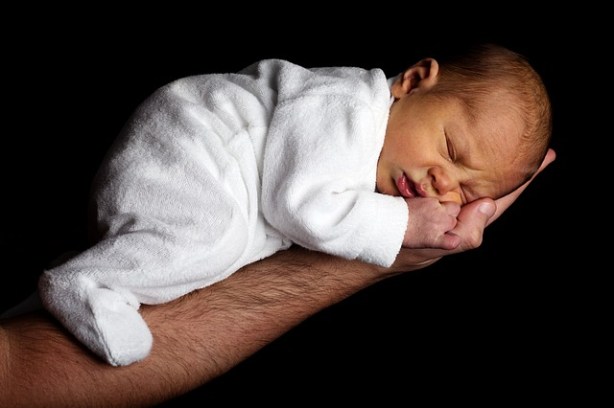
A custodian is defined as person who has responsibility for or looks after something. Synonyms are keeper, guardian, steward, and protector.
Most of us realize that we are custodians of the Earth, guardians of the forces and processes that produce and control the balance of Nature in order to protect it. The prospect of global warming is one aspect of this protection that is currently touted as if we can do something about it. And there are many more which scientists struggle to understand.
But there is a higher nature here on Earth, a nature more vital than even the magnificent universe. And that nature is the nature of a human being. The nature of a Man or a Woman is actually more profound than the puzzling workings of the universe. Shouldn’t we protect and guard that nature as well?
First, we have to understand what the nature of a human being truly is. We have to understand who we truly are and why we are here at all.
We are more than a product of our environment, more than a highly evolved animal. We are creations of God, as is the universe. BUT we are the highest of God’s creations. In fact, we are made in His image and likeness. This does not mean that we look like God. God is spirit. But it does mean that we have inherited His spirit within us. His Holy Spirit. Because of this, our human nature has definite capabilities that are not found in Earth’s nature, or even in the nature of animals.
In our human nature, we have a memory with an imagination in which we possess the capacity for mercy and compassion. We have an intellect, through which we possess the capacity for faith and humility. And we have a will, by which we possess the capacity to love.
But how much emphasis is put on the guardianship of this kind of nature, our human nature? Not much. Instead, we act as if human beings are inconsequential, and nothing special. We see this in the fact that we will abort an innocent child up to and even after the time of birth. We see it in terrorism when groups some disagree with, or do not find useful, are killed. We certainly see this in parental child abuse, and in pedophile activity. And we see it in ourselves and our addictions that harm our own bodies. What poor custodians we are of God’s greatest creation!
The fact is our individual human nature is beyond magnificent–and the only nature we can do anything about. We can’t change the nature of the world. We can’t stop hurricanes or earthquakes, floods or droughts, or even global warming. But we can change ourselves to become more in line with what God intended a human being to be.
And we do this individually, as God meant it. Because each of us was chosen by God to exist.
Before time began God chose each one of us and this choice was deliberate. God saw all the possible human beings He might have created throughout the history of the world. Out of possible billions of human beings that might have existed in God’s mind—His Eye rested on each one of us and then stopped looking and said, “You (insert your own name)shall be.” He saw all who could have been and decided they would not be. His providence placed us in a time and state of life that would bring out our greatest potential.–Mother Angelica.
God knows our name. He chose us because He loved us and meant us to freely love others through our memory, intellect, and will. And yes, we can choose not to love. Choice is necessarily a component of free will, with memory and intellect to keep the consequences of our choices in balance.
He gave each of us special talents, gifts and natural virtues all geared towards a deeper knowledge of Himself. Even those whose circumstances prevent them from knowing Him directly, possess a deep conviction of His existence and providence. He placed into each of us an inner radar system that warns of danger and assures us intuitively of His care, so we will never be far from Him and will not be deprived of the knowledge of His existence.–Mother Angelica
He made our natures higher than the earth–the earth is made for us. We are to protect it–yes. But more so, we are to protect, guard, and be custodians for other human beings. All this, for our greatest purpose. Immortality.
The Hand that formed each of us left Its imprint upon our minds and souls for He made us to His own image. The soul He breathed into this work of His Hands—our body—was imprinted with some of His love—His creative power—His strength. We reflect His eternity, for once His Will called us out of nothingness, we became immortal—our soul will never die.” –Mother Angelica
How important our human natures are when we look at it this way! How can we not do our best to protect it?
We ought to stop and think. We ought to remember that we are the custodians of God’s most beloved creation–ourselves and our neighbors, His image and likeness on earth. And not just occasionally in a ‘feel-good moment,’ but today, and every day until we are called back to Him.
If we are not doing this, if we are not trying to use our memory, intellect, and will to guard against the failings of our own human nature, then we cannot call ourselves custodians–or Christians.
So, if we see ourselves becoming what we know we should not be, we should quit hiding from the truth. We should take an honest look at ourselves and the genuine beauty of our human nature, and remember our intimate kinship with Almighty God who dwells within us.





